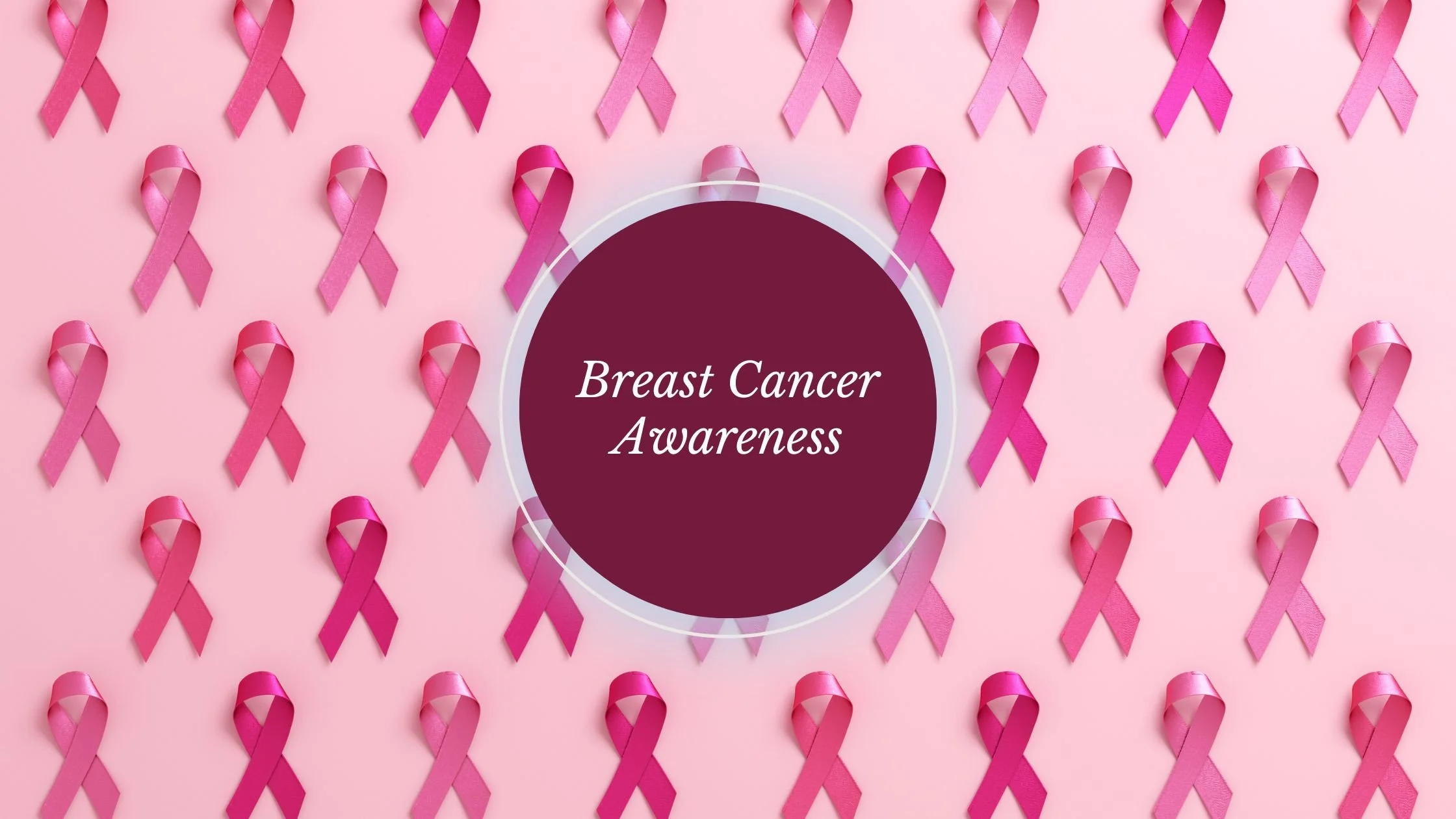
Navigating Seasonal Depression
Visit our blog today to learn more about the signs and symptoms of seasonal depression. We're here to help!
Autumn Cove’s Guide to Seasonal Wellness
Check out this week's blog to browse our list of seasonal wellness tips as you make plans to visit friends and family this season!
World Mental Health Day
Mental health is a vital piece of our overall health. It is just as important as our physical health! Check out our latest blog to learn more about how mental health can impact seniors.
Breast Cancer Awareness
Want to help raise awareness about the importance of early detection and treatment of breast cancer? Check out our blog to learn more!
Benefits of Reading for Senior Adults + Fall Reading List
Whether you have a favorite reading nook in your home, a cozy spot in one of our communal spaces, or even a cherished spot outdoors, there’s nothing quite like unfurling the world of possibilities that awaits us inside a good book.
World Alzheimer's Day
World Alzheimer’s Day, observed annually on September 21st, is the perfect opportunity to share information, raise awareness, and challenge the stigmas that surround Alzheimer’s disease, as well as other types of dementia.
National Assisted Living Week 2025: Ageless Adventures
National Assisted Living Week takes place September 7-13, and it serves as a unique opportunity for all of us to recognize the important role that senior living communities can play in enriching the lives of our seniors. This year’s theme is Ageless Adventure, and we are excited to explore!
An Open Letter to Loved Ones
In so many ways, walking a loved one through this chapter of their life is a sacred journey. In other ways, it is one of the most complicated experiences in life. If you're in need of some encouragement today, read our latest blog: An Open Letter to Loved Ones. We're here for you!
Grief Awareness: What Grieving People Wish You Knew
August 30 is Grief Awareness Day. Throughout the month, we’ll explore different elements of grief, including causes, ways to show support, and what the grieving people in your life wish you knew.
Grief Awareness: Meaningful Ways to Support the Grieving
August 30 is Grief Awareness Day. Throughout the month, we’ll explore different elements of grief, including causes, ways to show support, and what the grieving people in your life wish you knew.
Grief Awareness: Different Types of Grief
August 30 is Grief Awareness Day. Throughout the month, we’ll explore different elements of grief, including causes, ways to show support, and what the grieving people in your life wish you knew.
Benefits of Communal Living for Seniors
Communal living is incredibly beneficial to combatting the feelings of isolation and depression that can accompany aging. Choosing a community to call home for the next stage of life can be tough, especially if you’re not quite sure what to look for. We're here to help!
Tips & Tricks to Stay Hydrated This Summer
Did you know that seniors face higher risk of dehydration? Let’s take a look at some creative solutions for staying hydrated all summer long.
How to Support Your Loved One's Transition to Senior Living
Transitioning from life at home to life at a senior living community is monumental. It marks a decidedly complex time for families to navigate together. We're here to help!
Choosing a Senior Living Community During the Summer
Choosing to begin your senior living journey during the summer months can seem daunting. However, you might be surprised by the sense of peace it brings, being assured that your loved one is receiving individualized care, companionship, and community, while still relishing summer fun all season long!
Benefits of Reading for Senior Adults & Summer Reading List
Reading is a great option for an indoor activity on especially hot summer days! Whether you enjoy reading alone or like to participate in a book club, we have the perfect recommendations for you!
Let's Learn About PTSD
June 27th is PTSD Awareness Day, which is dedicated to raising awareness about Post-Traumatic Stress Disorder. Let’s take a look at some facts and figures about PTSD.
Q&A With a Memory Care Professional
When someone has dementia, life is changed in a multitude of ways all at once, as well as over time. These changes have an impact on people with dementia, as well as those around them such as caregivers, family members, and friends. The questions can pile up, and we're here to help with some answers.
Creative Ways to Engage
From activities that soothe your desire for days gone-by to artistic outlets for creative expression, having a few ideas in your toolkit can make a significant difference when you’re building a bridge of connectivity to your loved ones.
Different Types of Dementia
According to Alzheimer’s Disease International, there are over 100 forms of dementia. Today, we will take a look at a few of the most common types of dementia, the characteristics that make them similar, as well as the markers that distinguish one from another.




















